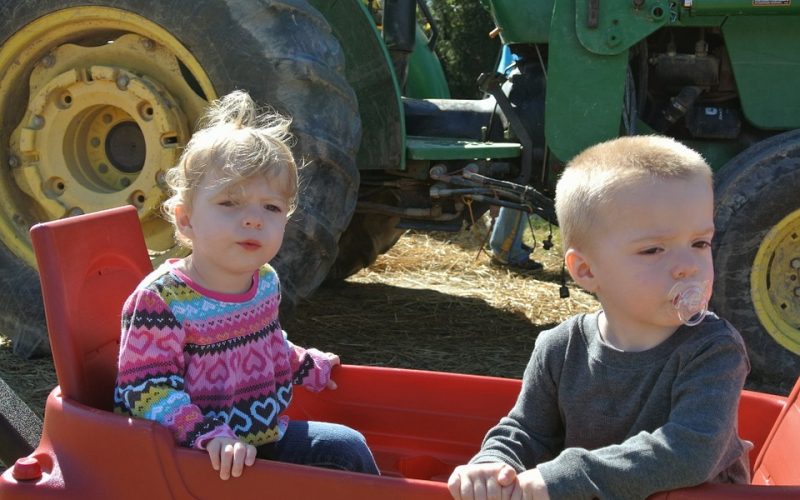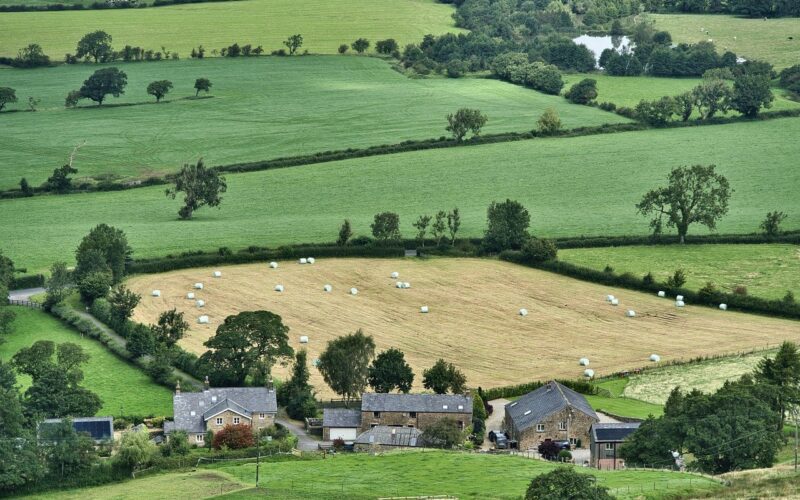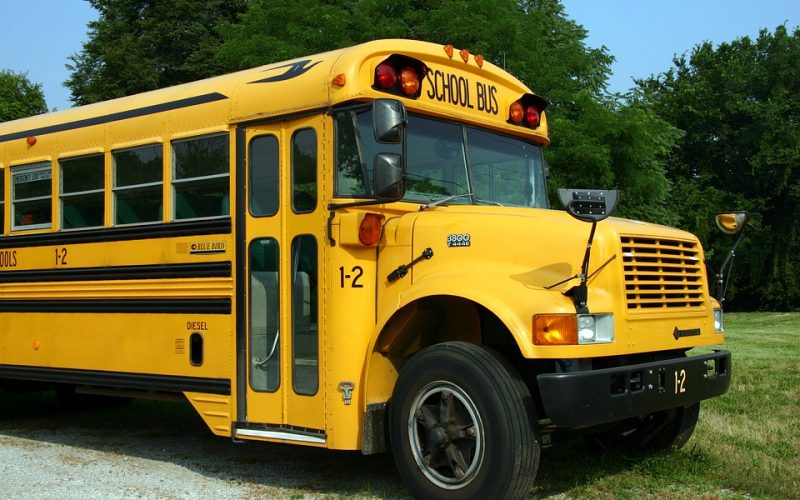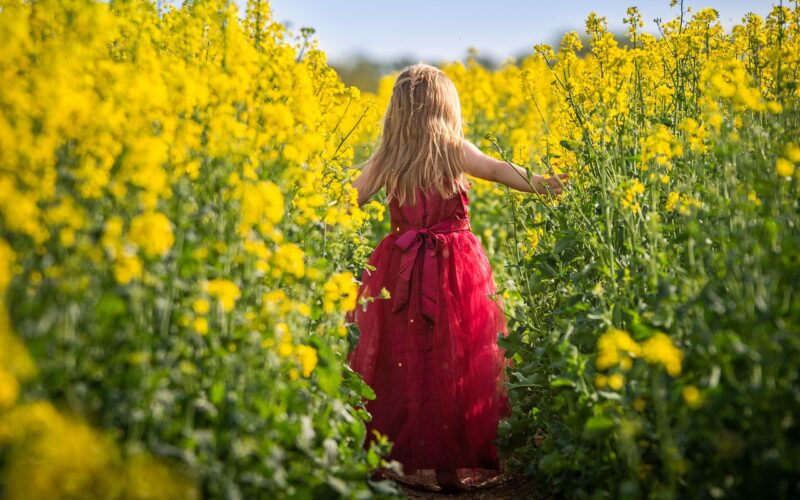Children who live in isolated areas are often unaware of the wider world through anything other than the media, so going to school helps these youngsters begin their journey of discovery. While they have a chance to meet more than just their local neighbours, they also get a glimpse into other lifestyles. They might be unable to go home with a school friend who lives on the other side of their district, but the ability to socialize with new people opens their minds to new possibilities and ways of life.
Rural schools are generally consolidated for all ages, and many of the less populated districts combine children of all ages on their commuting routes. This helps them save money on education rather than commuting, but it also gives the older children a chance to help the younger ones adjust to their new situation. This responsibility helps to form social ties on many levels. Within the urban environment, friendships can start to form with the daily attendance of morning primary assemblies amongst immediate peer groups.
Older children who are given responsibilities for younger ones often feel overwhelmed, but giving an entire group of them responsibility makes them depend upon each other. As a group, they can come up with solutions that will help them deal with the fears and anxieties the youngsters face. It will help them also define their role within the community. The added responsibility shows them their future role as community members.
Problem solving in the real world is often something schools fail to provide for students, but giving them responsibility in some situations can accomplish that goal. A long commute with younger children might not be their ideal learning environment, but it can teach them more than a class lecture ever could while giving them an opportunity to bond with younger children as well as their peers. Over the years, they will find a sense of community as they watch the youngsters grow confident in their shared circumstances.

















